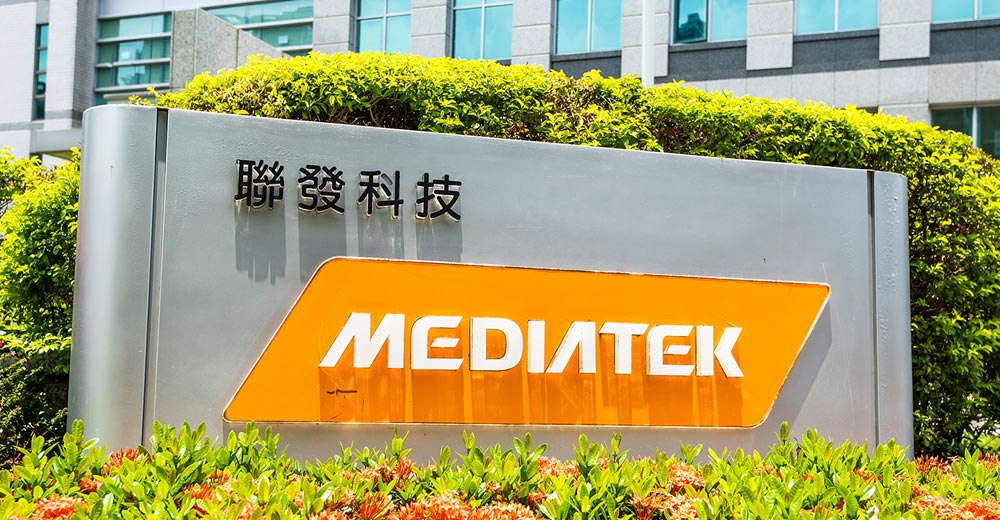
Among other things, the top percentile of the global brand name identities also affect what’s pulling the strings of the world’s stock exchanges, and when they sneeze, a shiver triggers throughout the globe, altering the wealth of national economies. The fact that markets shoot up or down when customers of the world respond en masse to their dazzling offering, either jumping for joy or taking a momentary pause, proves their influence on global moods of the economy.
These brand identities are extremely powerful and command respect from the universal populace; they also have obtained exclusive leadership positions through their 100 percent ironclad ownership of their name identities. Without a doubt, they are an inspiration to the entire remaining global business community, which is currently engaged in its own desperate climb to the very top.
Who’s Next?
So who these global brands are and what took them there is not the issue at all. Rather, who will be the new champions in the new race, and will they ever be crowned?
The answer lies buried among the current top 20 percent of the world’s business leaders, who for the most part are on an aggressive march to lead the trends, dictate their superiority of global name acceptance, and capture the crown of global mindshare. Only a very few are moving forward; the rest are just screaming at deaf ears or simply drowning in a copycat, me-too frenzy with little to no chance of ever gaining a unique foothold in the top tier of global recognition.
Even though they may have the best products and services, they simply do not have the unique device that will earn them their unique bite out of the globe. Somehow, the consumer base of the world conveniently forgets them. Their name identities are burdened with too much baggage, such as accidentally created monikers, lingering trademark conflicts, names and images projecting the wrong meanings and connotations with too many other strings attached. It’s like trying to use a trampoline to stay afloat; it just won’t happen.
Name Matters
However, in this fiercely name-driven, globally indexed marketplace, they may still be gravy trains to constant advertising and trademark battling projects. But as they are not Five Star Identities, they only struggle as lost and injured brand names.
This raises an even bigger question on why so many corporations for so long will be so wrong. The black-and-white proof of this hypocritical and illusionary fame has been sitting on Google for years. Most upcoming brand name identities have dozens of identical and thousands of similar names all over the world. This model would possibly have survived during the last century, but in today’s saturated market, the low visibility factor will wipe out all advertising and marketing attempts and power. Never mind about ever becoming a global icon.
In a recent study by ABC Namebank, the top 20 percent corporations of the world were analyzed to measure the effectiveness of their name identities in direct relation to having an exclusive and 100 percent ownership of the intellectual property asset. This is not only an absolute pre-requisite to gain entry into the final circle of fame and glory but also the most economical way to gain entry to the global mindshare. In this study, 99.3 percent of businesses failed. The applied process was the most stringent test of the Five Star Standard of Naming. Most earned 1-2 Star Status, where it can mathematically be proven that their marketing and advertising dollar is not only being mostly wasted, but eventually the identity will fade away.
The Prevailing Wisdom
The advertising industry seriously disagrees with this ranking approach and puts extraordinary emphasis on its logo- and slogan-driven trade, pushing image-building campaigns as big winners. However, the industry refuses to accept the global trademark ownership as the final and ultimate test and the Five Star ranking. A large number of corporations also refuse to accept the validity of such Name rankings and deny that there is anything wrong with their names despite glaringly huge name confusions and serious language and trademark conflicts. The main problem is no one wishes to have this subject openly discussed at the CEO level. However, the majority newcomers to the big game are now accepting this premise and have started to recognize the Five Star Standard.
This accumulation of five stars is what’s so common among the world’s most powerful brands: Sony, Panasonic, Microsoft, Rolex, Google, CNN, Disneyland and so on.
These identities are not only very simple, unique, related to their business, they are also globally protected and accessible worldwide for e-commerce by simply adding “.com” to the names. They do not carry extra baggage and are not burdened, but confusion-free. They are recognized and respected all over the globe, and no one anywhere around the world doubts the ironclad and 100 percent intellectual property ownership of their rightful masters.
Confusingly similar or conflictingly identical names will never achieve this global recognition, period. The Five Star Standard, established some two decades ago, where a single star is awarded to a name-identity for being very simple, one for being unique, one for being highly related to its core business objective, one for being globally protectable, and lastly one for having acquired a matching dot-com for global e-commerce.
The New Name Economy
We are faced with a new world and the emergence of a new name economy where name identities on a global scale will play the national image and leadership games, and the nations with the most global brands will earn the respect, revenue and the best overall image.
Two reasons drive this phenomenon. First, the mobile and the agile, frantically paced universe of customers is no longer boxed and trapped the way it was during the last century.
It ate what it was fed. Now it has become a cook in its own right, which selects its own recipes and makes its own food. It now calls its own shots and creates its own message to stimulate and provide customized comfort.
Secondly, the entire advertising model and the offshoot of all leading branding agencies may have to go on their hands and knees to figure out this sudden tectonic shift in consumer ideology. It is a fire that has already spread out of control. The Google-Yahoo alliance and the online bunch can now easily tie the biggest ad groups into knots.
Paradigm Shift
On one side is the pay-per-click and instant customer finding model, while bottomless traditional promotion falls mostly on deaf ears. The last century ad-branding craft which created logo-slogans based on comfort will simply have to reinvent itself for a brand-new, 100 percent ownership model to create intellectual property assets for clients on the global scale. It’s the difference between architects delivering a standing building or just producing drawings.
The next big global branding race as we approach 2020 will be the real test, and the prerequisite will be the brand-new rules on name identities that are global and exclusively owned by the players.
The old successful models from the last century, while responsible for great achievements, will not work in a name-identity driven national economies of the new world. This is a new dawn, for new brand leaders under highly effective brand-new mediums to get the best position in the fastest time, maximum impact at minimal cost.
The new name-economy awaits it thunder.
Naseem Javed is recognized as a world authority on corporate image and global cyber-branding. Author of Naming for Power, he introduced the Laws of Corporate Naming in the 1980s and also foundedABC Namebank, a consultancy established in New York and Toronto a quarter century ago. He can be reached at[email protected].





















































Social Media
See all Social Media